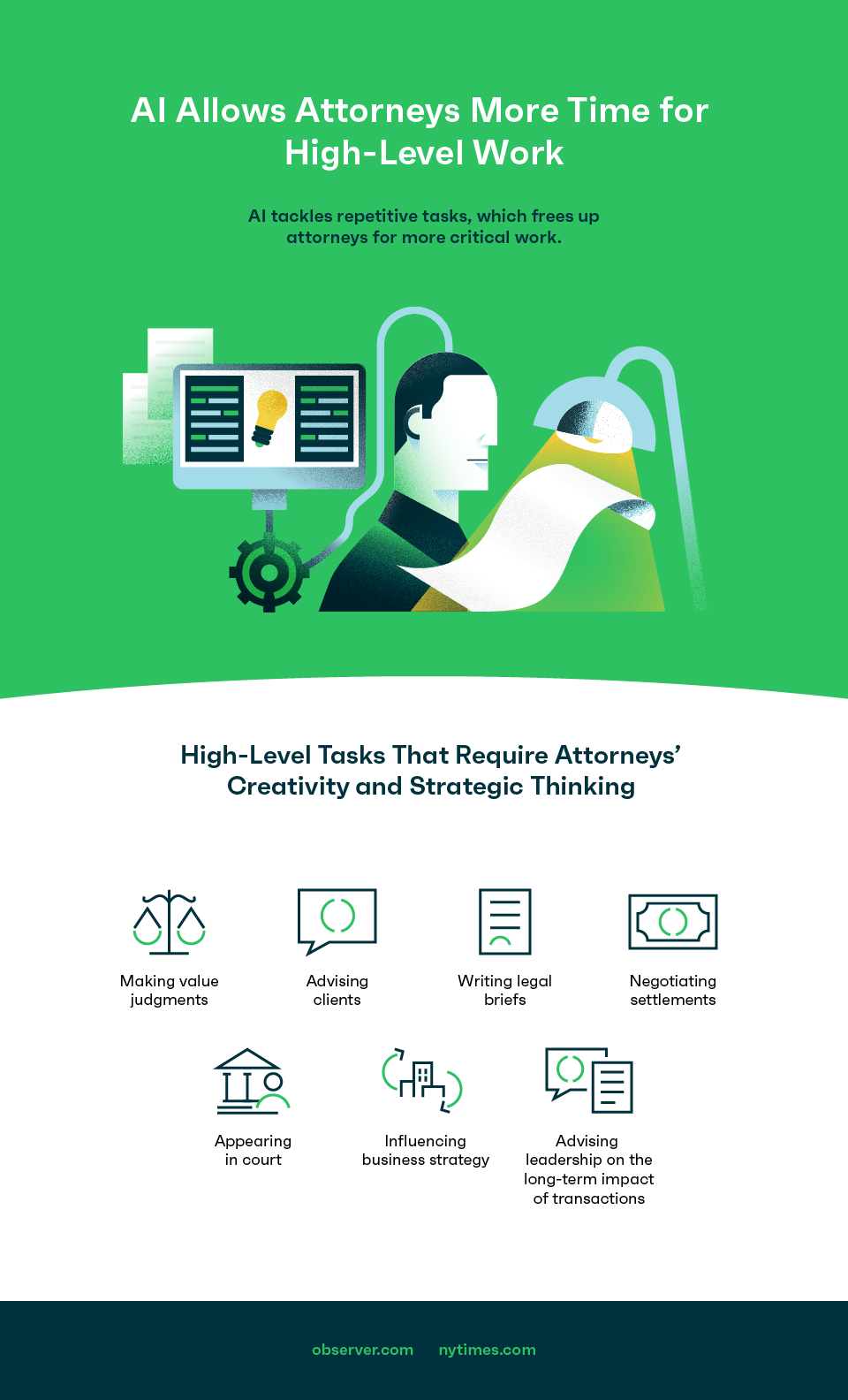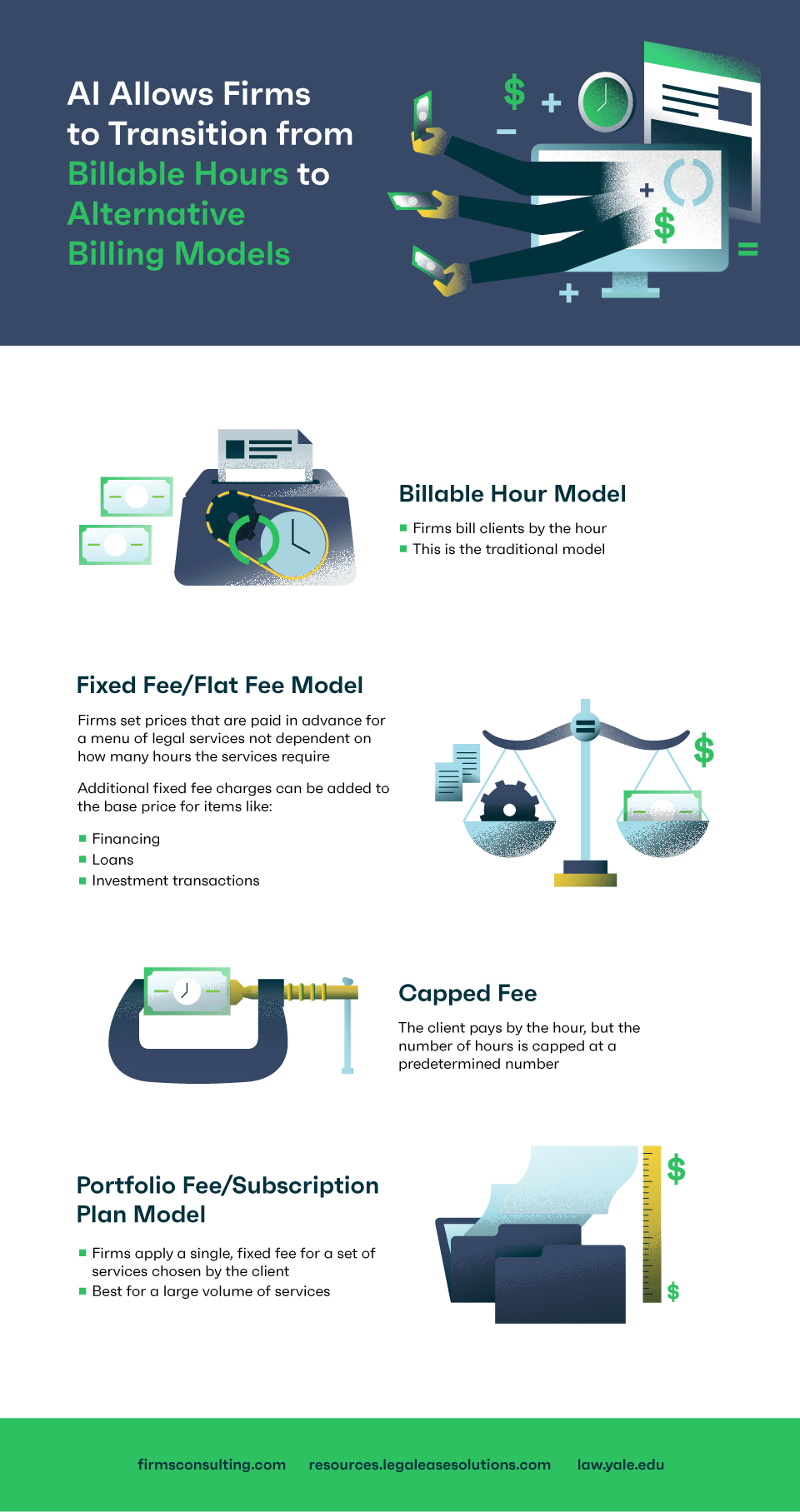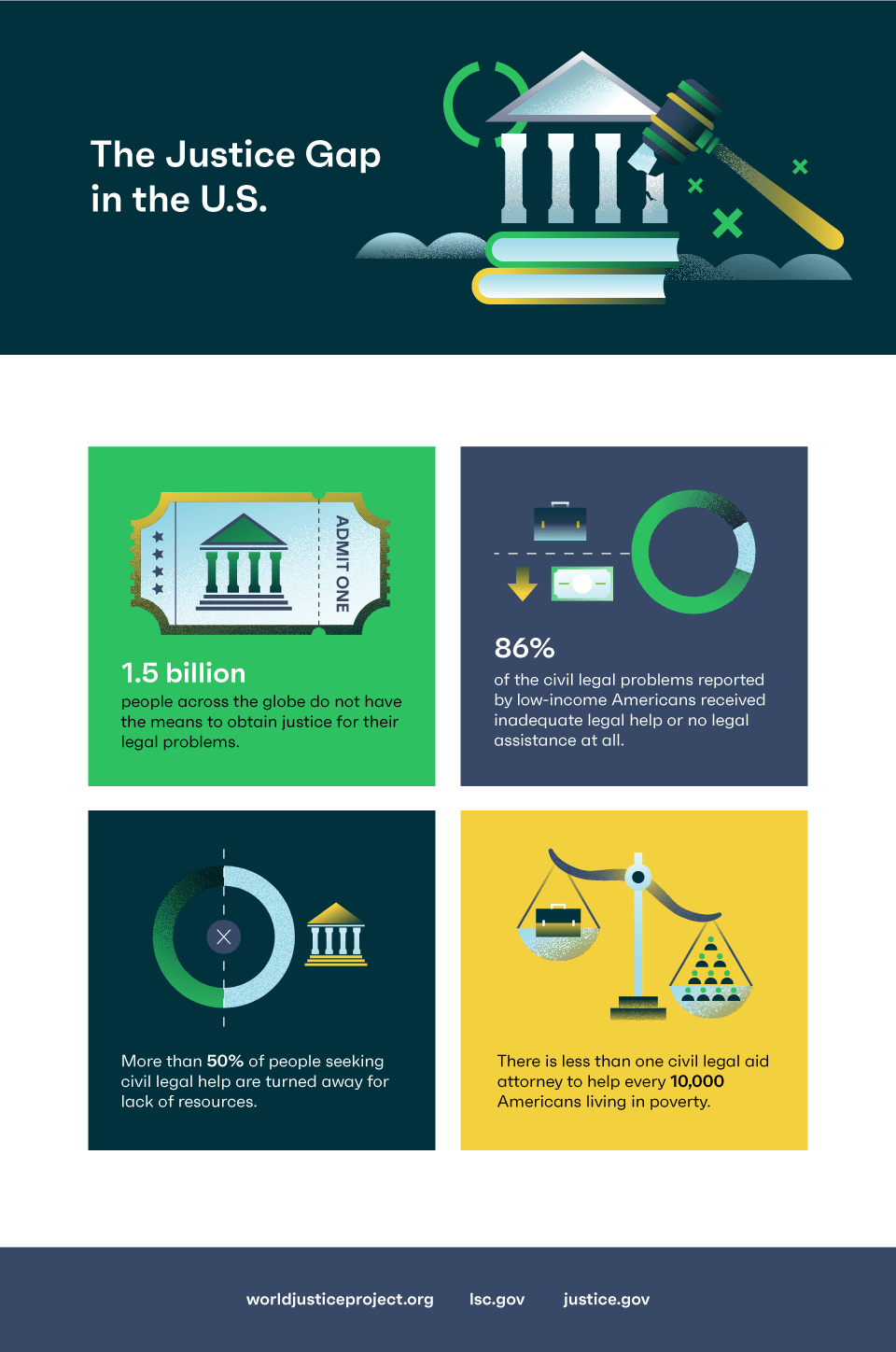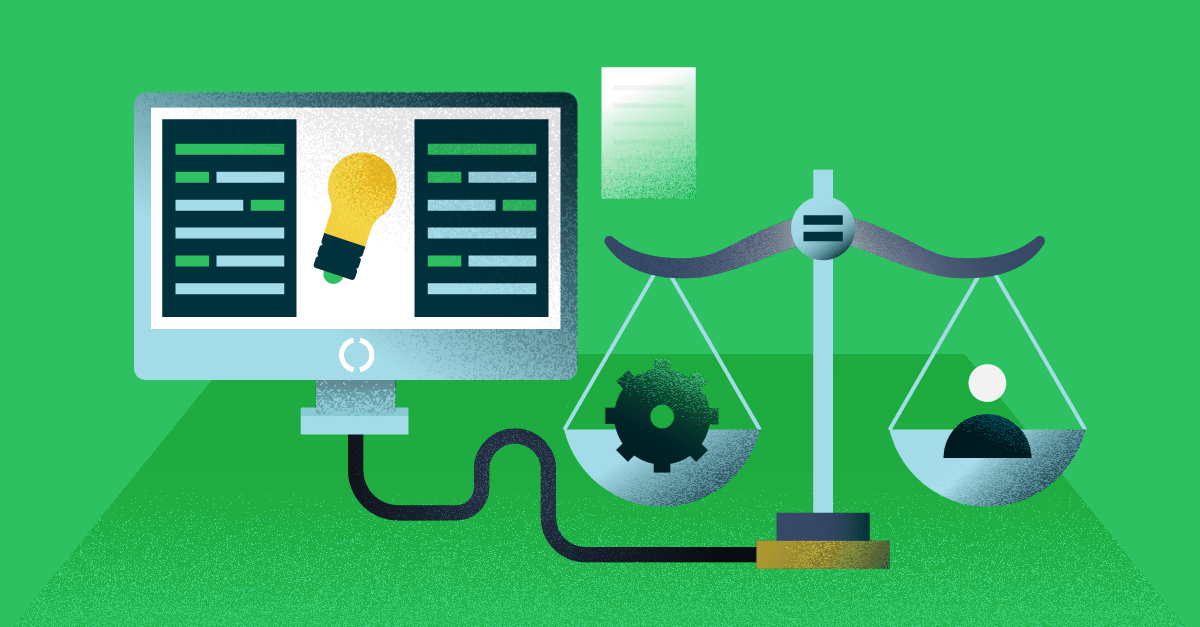While the upfront costs of artificial intelligence (AI) and the idea of robot attorneys may be off-putting to some, both legal service providers and their clients can benefit from significant cost savings over time when investing in legal AI. This article will delve into the ways AI can create savings and efficiencies for firms and legal departments over time, as well as provide opportunities for more people to access legal services.
AI Automates Repetitive Work, Freeing Attorneys to Focus on Higher Level Work
AI programs search, extract, and organize data much faster than humans can. “AI is not just doing work that a human lawyer would do — it’s doing work that simply would not have been done before,” says Noah Waisberg, attorney turned co-founder of Kira Systems. To provide AI-powered contract review, Waisberg and Dr. Alexander Hudek co-founded Kira Systems, whose software uses machine learning to automate contract analysis.
Automation of routine tasks allows attorneys to focus on more critical work that requires creativity and strategic thinking — tasks currently beyond the scope of AI software — such as making value judgments, negotiating settlements, and appearing in court.

AI Reduces Billable Hours and Makes Legal Services More Cost-Effective
By automating certain routine tasks traditionally completed by attorneys, AI software increases efficiency, which can in turn reduce billable hours. Dana Remus, professor at the University of North Carolina School of Law, and Frank Levy, labor economist at the Massachusetts Institute of Technology, studied the potential effect of automation on the work of attorneys at large firms. Their study concluded that if law firms immediately used all new legal technology, attorneys’ working hours would decrease by approximately 13 percent.
Take contract drafting and review, for example — both fairly ubiquitous activities in the legal world and both managed rather inefficiently within many legal departments. Lawyers spend a lot of time and effort writing, reviewing, and updating contracts, and law firms and legal departments possess a huge amount of data related to their contracts. Yet, much of this data remains inaccessible given time and money restraints. By taking advantage of available AI technology, attorneys can provide more accurate reviews while reducing hours spent on projects. For instance, clients of Kira Systems report that Kira’s software reduces contract review time by up to 60 percent. While AI can’t do everything, it has gained capabilities to accomplish more complex litigation tasks, such as conducting legal research and predicting the outcomes of judicial conclusions. It’s able to complete these tasks in a small fraction of the time it would require of humans.
These increased efficiencies allow attorneys to offer reduced rates or alternative billing models, which can benefit both clients and firms. Over the years, legal rates have continued to rise (especially for large firms), alongside a growing need for legal services. All the while, clients want more innovative pricing models that help them do more with less. With a dependence on the traditional billable hour model, firms have few options to increase profitability and consequently choose to increase rates.
With the use of AI software, some firms can change their billing model to fixed-fee or portfolio-fee pricing for certain projects in which they use AI tools. Firms able to offer more services based on a fixed-fee rate will enjoy a competitive advantage, as alternative types of billing are attractive to clients concerned about legal costs. While the inherently risk-averse legal sector is traditionally slow to adopt new technology, AI software could make firms much more competitive by allowing them to decrease fees. And with significant rate drops, people who otherwise would not pay for quality, competent legal help could afford it.

AI Can Decrease the Justice Gap
The cost of legal advice and representation is prohibitive for a large part of our population. This problem disproportionally impacts some of the most vulnerable individuals, such as victims of domestic violence or mistreated laborers. One 2017 report found that in the last year, 86 percent of the civil legal problems reported by low-income Americans received inadequate legal help or no legal assistance at all. This inaccessibility of the legal system has a profound influence on the lives of American citizens, and it’s becoming increasingly likely that AI can have a positive effect in this arena.

Conclusion
Part of the obligation of delivering competent work product as an attorney includes striving for efficiency. As the legal sector continues to adopt AI software, it will become harder for firms to avoid integrating AI into their work — given that a failure to do so could be considered to violate ethical rules. But change, while disconcerting at times, is not necessarily negative. In this instance, it has the potential to unlock notable legal cost savings for firms, legal departments, and clients. Regardless of the size of their practice, legal practitioners can boost productivity, reduce costs, and increase their client base by investing in AI legal technology.
